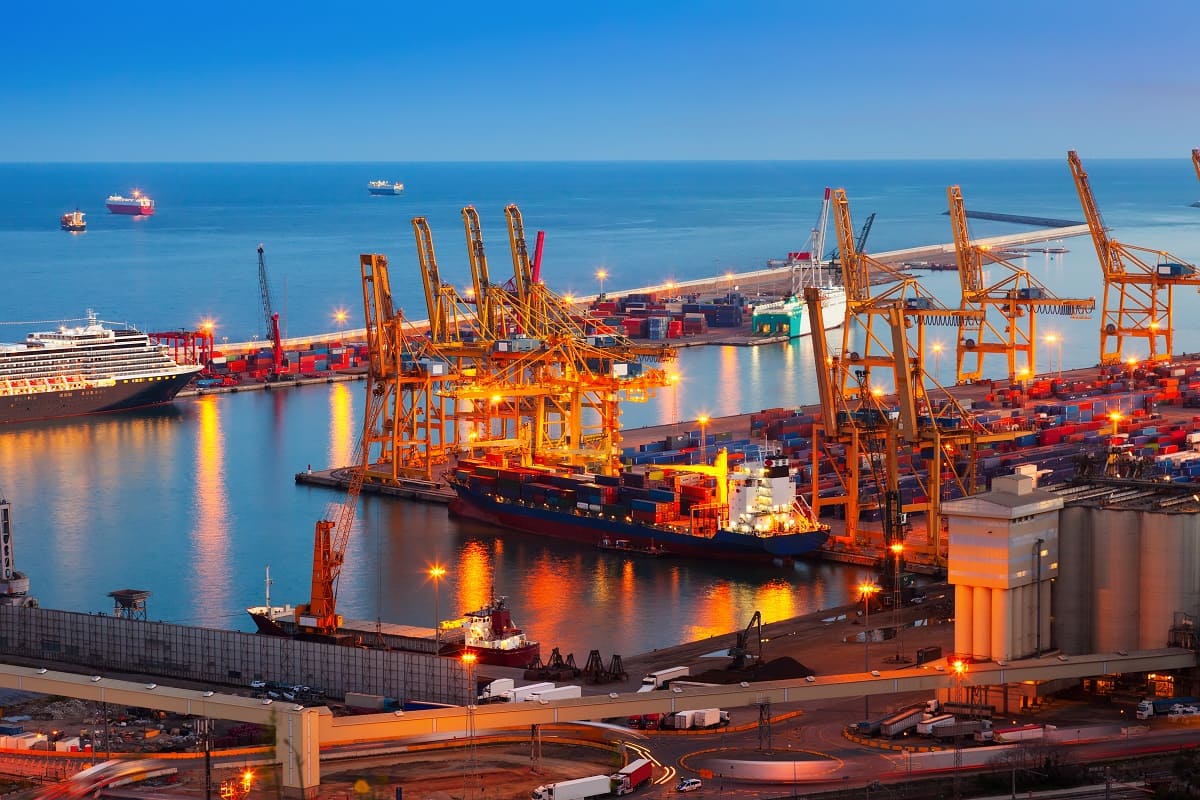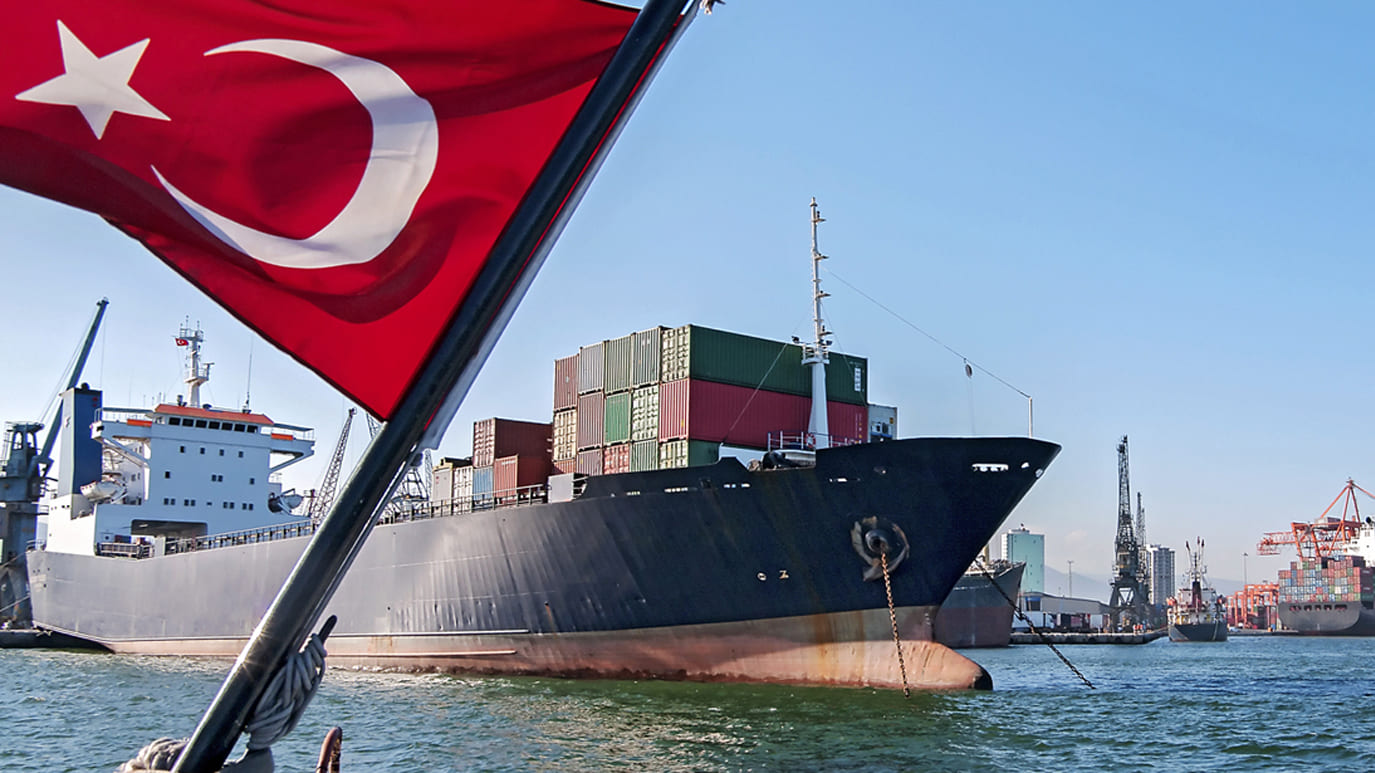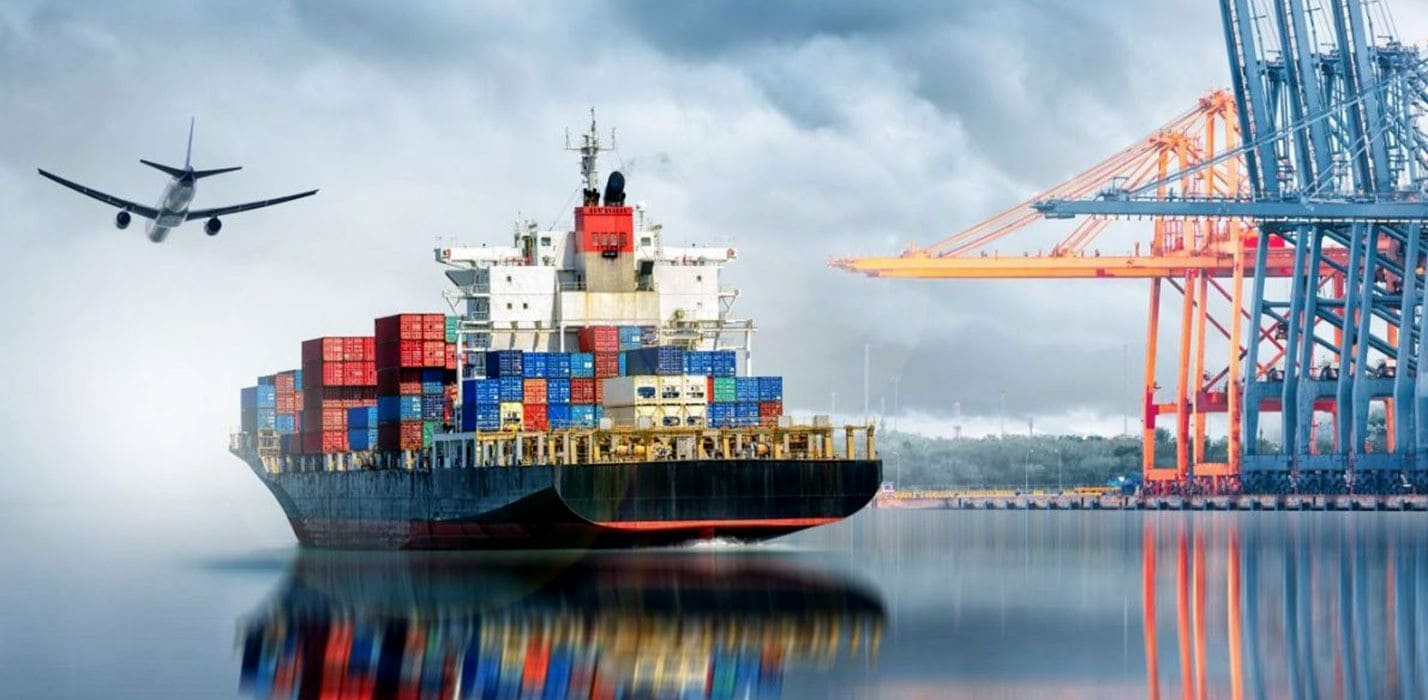
Top 6 Trends Shaping the Turkey Trade Industry: How to Succeed in Global Markets
The Turkey trade industry is undergoing rapid transformation as the country continues to strengthen its position in the global market. Turkey has become a key player in international trade, thanks to its strategic geographical location, diverse manufacturing base, and strong economic policies. However, as global markets evolve, the Turkey trade industry must adapt to new trends, technological advancements, and changing trade dynamics to remain competitive.
In this article, we will explore the top six trends shaping the Turkey trade industry in 2024 and beyond, and provide insights on how businesses can navigate these trends to succeed in global markets.
1. Turkey’s Growing Role as a Regional Trade Hub

One of the most significant trends shaping the Turkey trade industry is its emergence as a key regional trade hub. Turkey’s strategic location at the crossroads of Europe, Asia, and the Middle East gives it a unique advantage for trade. Its well-established logistics infrastructure and proximity to major markets make it an ideal distribution center for goods heading to various parts of the world.
Turkey’s Strategic Location:
Turkey’s position between Europe and Asia allows businesses to easily access markets in both regions. Moreover, Turkey is close to rapidly growing markets in the Middle East and North Africa (MENA), making it a critical trade hub for companies looking to expand their operations into these areas. The Turkey trade industry is becoming increasingly attractive to international investors and multinational corporations seeking to tap into these diverse markets.
How Businesses Can Succeed:
To take advantage of Turkey’s role as a trade hub, businesses need to develop strong supply chain networks and optimize logistics processes. Partnering with Turkish logistics companies that are familiar with local regulations and customs procedures can ensure smooth operations. Additionally, investing in infrastructure and technology to streamline the movement of goods across borders will help businesses capitalize on Turkey’s growing importance in international trade.
2. Digitalization and E-Commerce: Transforming Trade in Turkey
Another key trend shaping the Turkey trade industry is the digitalization of trade and the rapid growth of e-commerce. The COVID-19 pandemic accelerated the shift toward online shopping, and Turkey has embraced this transformation. In recent years, Turkey has seen significant growth in its e-commerce sector, with consumers increasingly relying on online platforms for their shopping needs.
The Rise of E-Commerce in Turkey:
E-commerce platforms in Turkey are expanding their offerings, providing businesses with opportunities to reach a wider audience. Turkish companies like Trendyol, Hepsiburada, and Getir have gained prominence, becoming major players in the e-commerce landscape. This growth is driving demand for improved logistics solutions, as companies must adapt to the changing needs of the e-commerce ecosystem.
How Businesses Can Succeed:
To thrive in the e-commerce space, businesses operating within the Turkey trade industry should invest in digital infrastructure and technologies that enhance the online shopping experience. Implementing efficient payment systems, developing user-friendly e-commerce platforms, and ensuring timely delivery of goods will be crucial to maintaining a competitive edge. Furthermore, leveraging data analytics and customer insights will enable businesses to tailor their offerings to the preferences of Turkish consumers, enhancing customer loyalty and driving growth.
3. Trade Agreements and Economic Alliances

Turkey’s growing network of trade agreements and economic partnerships is another trend that is shaping the Turkey trade industry. Over the years, Turkey has negotiated numerous trade agreements with countries across the globe, allowing it to access new markets and strengthen its international trade relationships.
Key Trade Agreements:
One of the most important agreements influencing the Turkey trade industry is the Turkey-European Union Customs Union, which has facilitated free trade between Turkey and EU member states. Additionally, Turkey has signed several Free Trade Agreements (FTAs) with countries in Asia, the Middle East, and Latin America. These agreements allow Turkey to export goods with reduced tariffs, making its products more competitive in foreign markets.
Furthermore, Turkey is also a key participant in the Belt and Road Initiative (BRI), a massive infrastructure project spearheaded by China. Through this initiative, Turkey has strengthened its trade ties with China and other participating nations, boosting trade flows across Asia and Europe.
How Businesses Can Succeed:
Businesses looking to tap into the Turkey trade industry should take advantage of Turkey’s trade agreements and leverage these partnerships to access new markets. Companies can benefit from lower tariffs and reduced trade barriers by exporting to countries with which Turkey has FTAs. Moreover, firms can explore opportunities in China and other BRI member states to diversify their market presence and increase export revenues.
4. Shift Toward Sustainable Trade Practices
Sustainability is becoming a crucial factor in the Turkey trade industry, as global demand for eco-friendly products and sustainable practices continues to grow. Both consumers and businesses are placing greater emphasis on environmental responsibility, and Turkey is no exception.
The Rise of Green Trade:
The Turkish government has recognized the importance of sustainability in trade and has implemented policies aimed at promoting eco-friendly practices. Turkey has committed to achieving carbon neutrality by 2053, aligning with global climate goals. This shift toward green trade has led to increased investment in renewable energy, waste management, and sustainable agriculture.
Additionally, Turkish companies are adopting sustainable supply chain practices to reduce their carbon footprint and meet the growing demand for environmentally conscious products. The Turkey trade industry is witnessing a rise in exports of green technologies, organic products, and eco-friendly materials.
How Businesses Can Succeed:
To thrive in the evolving Turkey trade industry, businesses must prioritize sustainability in their operations. Adopting environmentally friendly practices, such as reducing waste, conserving energy, and sourcing sustainable materials, will be essential. Companies should also invest in certifications like ISO 14001, which demonstrate their commitment to environmental responsibility. Furthermore, firms can explore new markets for green products and services, leveraging Turkey’s reputation as a leader in sustainable trade.
5. The Impact of Geopolitical Tensions
Geopolitical tensions have long influenced the Turkey trade industry, and 2024 is no different. Turkey’s strategic location and complex political relationships mean that it is often at the center of regional and global geopolitical dynamics. These tensions can have both positive and negative impacts on trade, depending on the situation.
Key Geopolitical Challenges:
Turkey’s relationships with neighboring countries, as well as its role in international organizations like NATO and the United Nations, play a crucial role in shaping its trade policies. Geopolitical events, such as conflicts in the Middle East or tensions with the European Union, can disrupt trade flows and create uncertainties for businesses.
For example, Turkey’s strained relations with certain EU member states have led to challenges in trade negotiations, while its involvement in regional conflicts has affected its trade routes and supply chains. Moreover, Turkey’s complex relationship with the United States has also influenced trade policies, particularly in the areas of defense and technology.
How Businesses Can Succeed:
Navigating the Turkey trade industry in the face of geopolitical tensions requires careful planning and risk management. Businesses should closely monitor political developments and be prepared to adapt their strategies in response to changing conditions. Establishing diversified supply chains and exploring alternative markets can help mitigate the impact of geopolitical risks on trade operations. Additionally, engaging with local trade organizations and industry experts can provide valuable insights into managing geopolitical challenges.
6. Technological Advancements and Innovation in Trade

Technology is playing an increasingly important role in shaping the Turkey trade industry. From advanced logistics solutions to digital trade platforms, innovation is transforming how goods are produced, transported, and traded.
The Rise of Digital Trade Platforms:
Digital platforms are revolutionizing the way businesses engage in international trade. Turkish companies are increasingly using platforms that allow for the digitalization of customs procedures, payments, and trade documentation. These platforms streamline the trade process, reduce paperwork, and enable faster and more efficient cross-border transactions.
How Technology Is Shaping Trade:
Technological innovations such as blockchain, artificial intelligence (AI), and the Internet of Things (IoT) are also transforming the Turkey trade industry. Blockchain technology, for instance, provides secure and transparent ways to track goods and manage supply chains, reducing the risk of fraud and improving efficiency. AI and IoT solutions are being used to optimize production processes, monitor inventory, and improve logistics operations, making it easier for businesses to manage their trade activities.
Turkey’s logistics sector is also benefiting from the adoption of autonomous vehicles, drones, and smart warehouses, which are enhancing the efficiency of goods transportation and storage. This trend is further strengthened by the government’s efforts to improve the country’s digital infrastructure.
How Businesses Can Succeed:
To stay competitive in the Turkey trade industry, businesses must embrace technological advancements. Investing in digital trade platforms, AI-powered logistics solutions, and blockchain technology will help companies streamline their operations and reduce costs. Additionally, businesses should stay informed about emerging technologies and explore ways to integrate them into their trade processes to enhance efficiency and remain ahead of the competition.
Conclusion
The Turkey trade industry is evolving rapidly, driven by key trends such as digitalization, sustainability, technological innovation, and geopolitical developments. As Turkey solidifies its position as a regional trade hub, businesses must adapt to these changes to succeed in the global market.
By understanding and leveraging the top six trends shaping the Turkey trade industry, companies can position themselves for success. Whether it’s optimizing logistics, embracing sustainable practices, navigating geopolitical risks, or adopting cutting-edge technologies, businesses that stay ahead of these trends will be well-equipped to thrive in the competitive landscape of international trade.
As the Turkey trade industry continues to grow and evolve, businesses that are proactive in adapting to these changes will find new opportunities for expansion and success in global markets.





